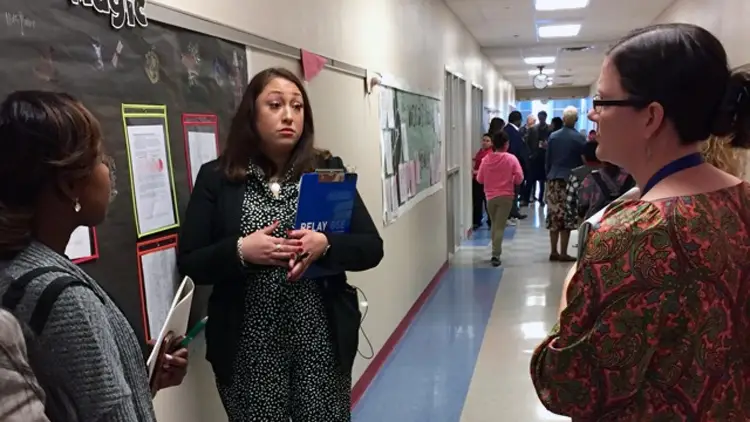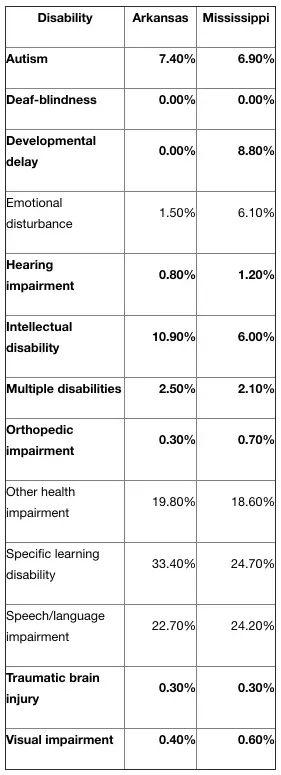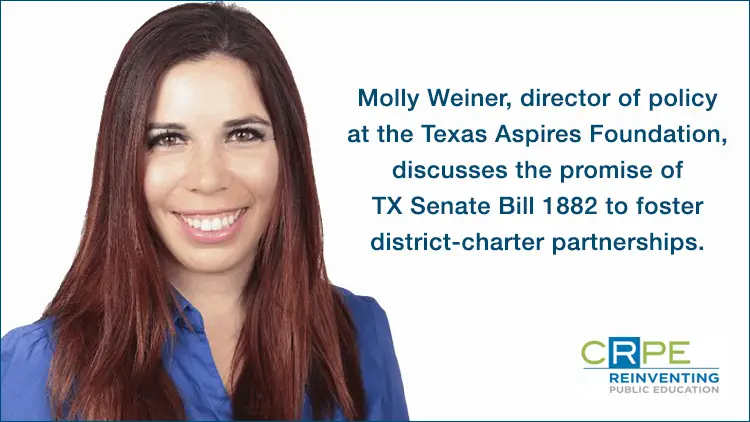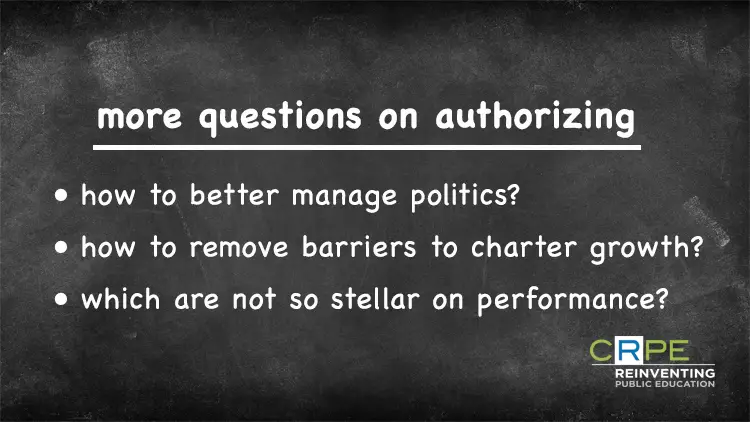Reflecting on the Portfolio Strategy and School Improvement in San Antonio

A 15-minute drive from the Alamo, Ira C. Ogden Elementary School is in its first year of an ambitious turnaround effort. At the beginning of March, as part of CRPE’s 15th Portfolio Network Meeting, I toured the school with a group of educators and advocates. The school is a partnership between the San Antonio Independent […]
Wanted: District Leaders Who Can Make Tough Choices

The many big cities now looking for school superintendents—Houston, Las Vegas, Los Angeles, Newark, Seattle, and Washington, D.C., among them—need to pay attention to what has happened in Chicago. Like Chicago, these districts face big and persistent achievement gaps, with many troubled and low-performing schools. Unlike Chicago, they aren’t the one city in the country […]
The Special-Education Graduation Conundrum

As the recent debacle at Washington D.C.’s Ballou High school showed, it’s not always clear whether graduation rates mean anything about whether a student is prepared for college or career. But when it comes to students with disabilities, we have reason to believe high school graduation rates are simply a farce. This past November, The Hechinger […]
Creating District-Charter Partnerships in the Lone Star State

The State of Texas passed an innovation law (Senate Bill 1882) in summer 2017 to foster partnership schools, much like those profiled in CRPE’s recent brief. CRPE research analyst Sean Gill spoke with Molly Weiner, director of policy at the Texas Aspires Foundation, about her thoughts on the creation of the bill and its potential […]
New NACSA Study, A First Step to Address the Critical Need for Evidence in Authorizing

One of the essential features of a charter school, what most distinguishes it from a district school or voucher-receiving school, is that it is “authorized” by a public agent and held accountable for results promised in its performance contract. When Paul Hill and I first started writing about charter schools, we expected that these “authorizers,” […]
Four Ways Philadelphia Can Keep Its Schools Moving in the Right Direction as District Prepares to Retake Local Control

The nominating panel charged with selecting candidates for Philadelphia’s new nine-member school board has received its last application. Now, as the district prepares to retake local control of its schools July 1, the panel’s 13 members must identify the 27 best candidates for Mayor Jim Kenney to choose from. It will be a daunting and […]
Integrating Schools in San Antonio: Start With One. An Interview with Mohammed Choudhury

Cities across the country are grappling with persistent school segregation. While some argue that public school choice increases the problem, there are ways that cities can use carefully designed school choice initiatives as a vehicle for integrating schools. One promising example is in San Antonio, Texas. San Antonio Independent School District’s (SAISD) chief innovation officer, […]
Three Ways Charter Schools Can Make Sure They Recruit, Hire, and Retain the Teachers They Need
Summer vacation may still be months away, but school leaders across the country are already gearing up to hire teachers for the next school year. Many will find themselves in the same predicament they’ve faced for years: scrambling until the last minute to fill open positions, especially in crucial subjects like math, science, and special […]
New CREDO Report Shows System-Level Supports, Turnaround Expertise Critical to School-Level Improvements
CREDO at Stanford University published a new report today, examining the impact and implementation of nonprofit charter management organization (CMO)-led school turnarounds under Louisiana’s Recovery School District (RSD) in New Orleans and Tennessee’s Achievement School District (ASD) in Memphis and Nashville. Both efforts were funded through a federal i3 grant and CREDO was the evaluator. […]
What Continuous Improvement Networks Should Learn from District-Charter Compacts

The Bill & Melinda Gates Foundation recently announced a new focus on supporting networks of middle and high schools. These Networks for School Improvement are intended to support continuous improvement—built on collecting data and testing solutions—in order to tackle some of public education’s most pressing challenges. As someone who studies education from a systems perspective, […]



